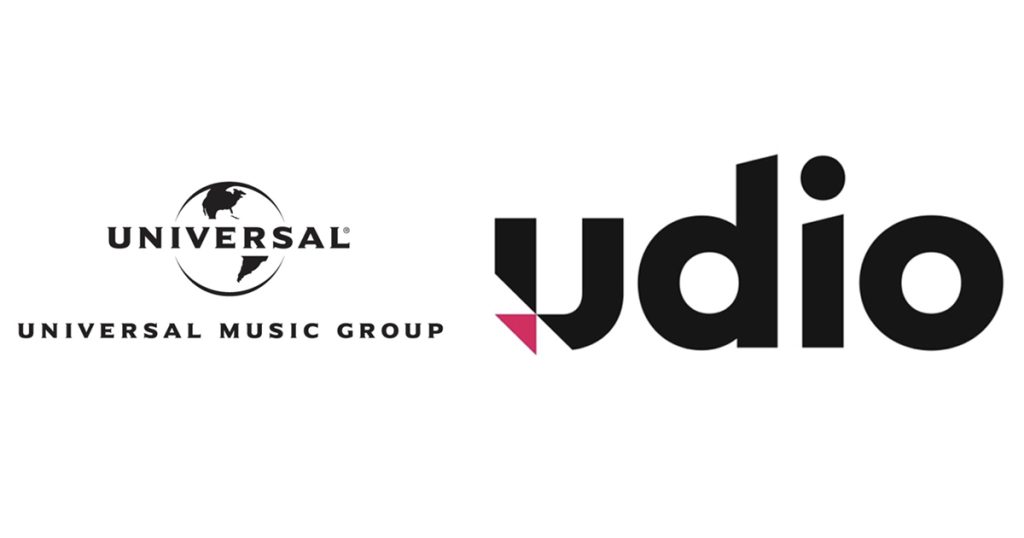BREAKING: Udio’s ambitious transformation from a free AI music generator to a licensed platform under Universal Music Group (UMG) is facing severe backlash as artists push back against the changes. The shift, aimed at complying with copyright laws, raises questions about the viability of the platform and its appeal to users.
Just announced, Udio intends to pivot away from its unlicensed music generation model, which has drawn criticism for infringing on copyrights and artist rights. This drastic move is reminiscent of the challenges faced by Napster when it attempted to become a legitimate service. Experts warn that Udio’s transition may not succeed, as it risks alienating its user base who thrived on the platform’s previous freedom to create.
Udio’s new model relies on licensed data, requiring the company to scrap its existing AI models trained on unlicensed works. This means a complete reboot is necessary—retraining its algorithms and re-establishing user trust in a space that once prioritized freedom over legality. As the platform prepares for this overhaul, many artists are expressing skepticism, fearing that the new structure may not deliver fair compensation.
“Turning Udio into a lawful, rights-respecting platform is like asking the Original Napster to become Spotify overnight,”
says Chris Castle from Music Tech Policy.
In a drastic shift, Udio will implement filters and compliance measures that many users may find restrictive. Previously, the platform’s appeal lay in its promise of unlimited song creation, but this will now be replaced with a subscription model that may deter users. The risk of losing up to 90% of its current audience looms large, similar to the mass exodus of users from Napster when it transitioned to a legal framework.
Investors, including notable figures like Andreessen Horowitz, Common, will.i.am, and Mike Krieger, face significant financial losses as the company shifts its focus. This pivot could lead to massive write-offs and loss of control, with UMG potentially taking the reins of Udio’s operations. The transition poses an existential threat to the platform, raising concerns about the future of AI-generated music.
Experts predict that many creators will leave if Udio’s new model mimics existing streaming platforms, which are notorious for their low payouts and lack of transparency. Artists have long expressed frustrations over inadequate compensation in the music industry, and if Udio fails to rectify this, it risks being yet another platform that prioritizes profits over creators.
The legal implications of Udio’s previous model also present a significant hurdle. Even if UMG successfully settles existing disputes, it could face ongoing litigation from other labels and artists. This situation leaves Udio with limited options and a ticking clock as it struggles to make its new model appealing.
As Udio embarks on this risky journey, the music community watches closely, weighing the potential for a legitimate AI-driven music platform against the historical pitfalls of similar ventures. The outcome remains uncertain, but one thing is clear: artists demand a system that respects their rights and compensates their work fairly.
For Udio, the stakes have never been higher. The next steps will be crucial, and the music industry will be paying attention as Udio attempts to redefine itself in a rapidly evolving landscape. Will it succeed in turning its vision into reality, or will it be yet another cautionary tale in the world of music technology?
Stay tuned for more updates on Udio’s transition and its implications for artists and the music industry.







